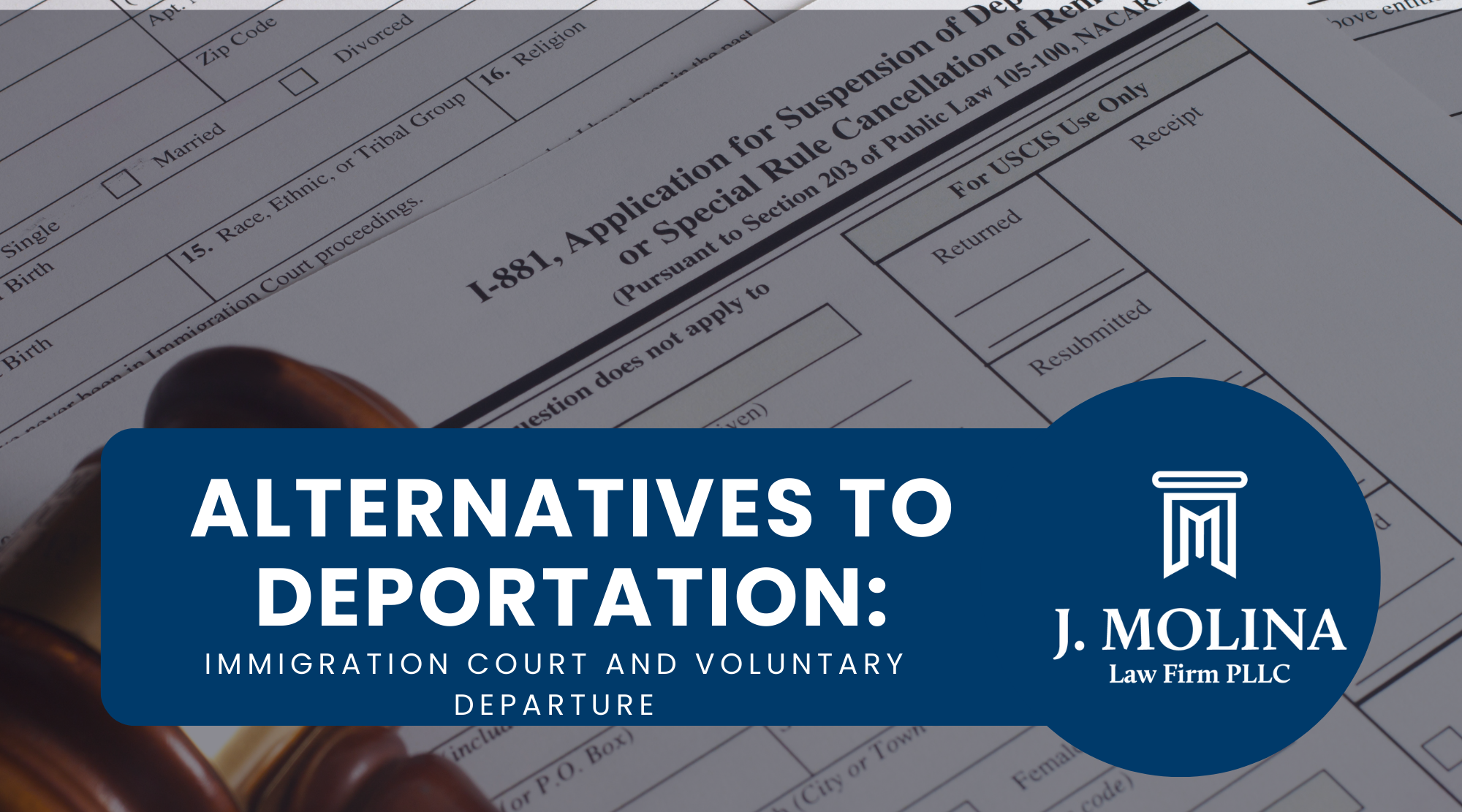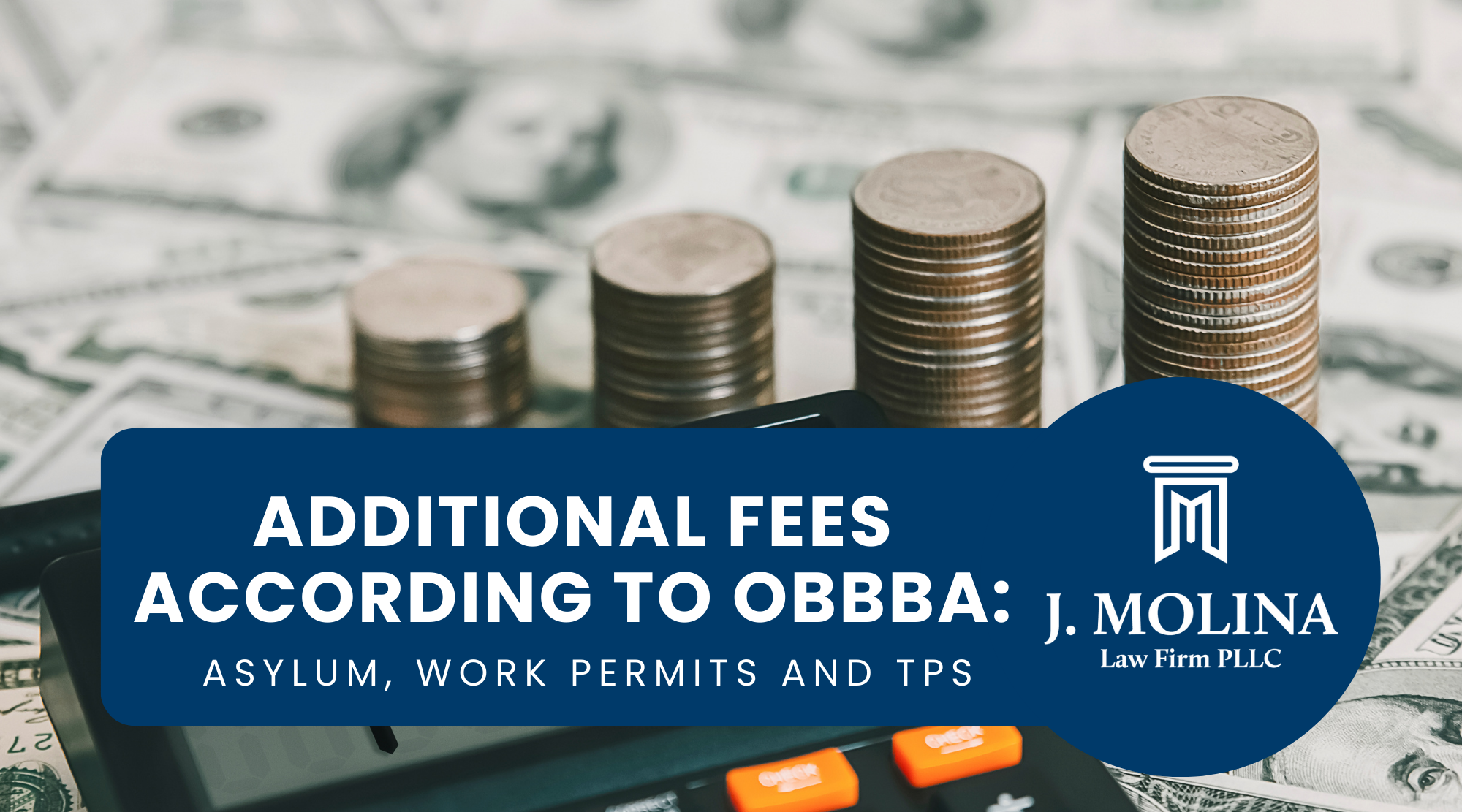Understanding Your Options in Immigration Court
If you are facing removal proceedings, the idea of being deported can feel devastating. However, not all cases end in forced deportation. In some situations, individuals may qualify for an alternative known as Voluntary Departure. This option allows a person to leave the United States on their own terms—without receiving a formal order of removal.
Understanding how voluntary departure works, and whether it’s the right choice for your situation, is essential if you want to protect your future immigration options.
What is Voluntary Departure?
Voluntary departure is a form of relief offered by the immigration court that allows a non-citizen to leave the U.S. voluntarily, rather than being forcibly removed by Immigration and Customs Enforcement (ICE). Unlike deportation, voluntary departure does not carry the same legal consequences that could bar you from returning to the U.S. in the future.
There are two main points during the legal process where you can request this option:
- Before removal proceedings are completed (pre-conclusion)
- At the conclusion of your case (post-conclusion)
Each comes with different eligibility requirements and deadlines, so it’s important to consult with a lawyer before making a decision.
Benefits of Choosing Voluntary Departure
Choosing voluntary departure over a deportation order can have several advantages:
- Avoids a formal deportation record, which could carry a 5- or 10-year bar from reentering the U.S.
- May allow faster reentry in the future through a legal visa or waiver process.
- More dignity and control, as you can plan your departure, settle affairs, and say goodbye to family on your terms.
- No detention in some cases, especially if you comply with the departure order and timelines.
Important Considerations
While voluntary departure may sound like the “easier” option, it isn’t right for everyone. Here are a few things to keep in mind:
- You must pay for your own travel and leave by the set deadline.
- Failing to depart on time will result in an automatic order of removal and additional penalties.
- You may be required to post a departure bond to ensure compliance.
- Not everyone qualifies—those with serious criminal records or past immigration violations may be ineligible.
Talk to a Lawyer Before Deciding
Voluntary departure is a serious legal decision that can affect your immigration future. Before accepting this option, it’s crucial to understand your full range of defenses in immigration court. In some cases, you might qualify for asylum, cancellation of removal, or adjustment of status—and giving up too soon could mean missing out on a chance to stay in the U.S. legally.
We Can Help – Contact J. Molina Law Firm
At J. Molina Law Firm, we guide immigrants through every step of the court process. If you’re considering voluntary departure or facing deportation, let us help you understand your options. Contact us today for a personalized consultation and protect your future.



